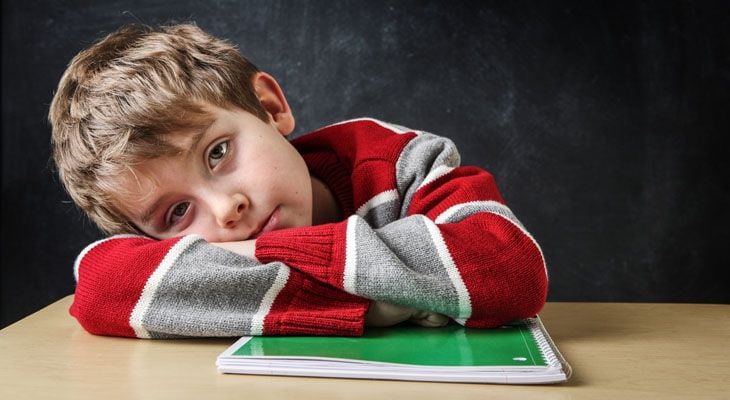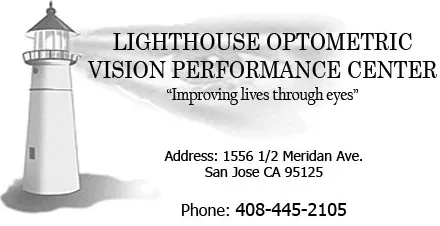
Approximately 11% of school-aged children have been diagnosed with attention deficit/hyperactivity disorder (ADHD), according to recent studies. The central symptoms of ADHD -- difficulty sustaining attention, poor control of behavior, hyperactivity -- make it difficult for children to succeed in school. Additionally, parents of kids with ADHD may become frustrated with their behavioral outbursts and difficulty following instructions.
Although the primary treatment for ADHD is stimulant medications such as Adderall or Ritalin, these drugs may not address other problems associated with the disorder. Vision problems are common among kids with ADHD, making it important to receive a comprehensive eye exam and individualized treatment recommendations.
Impact of ADHD on Vision
Scientific research suggests that people with ADHD have a higher rate of vision problems compared to those without ADHD. For example, a vision disorder called convergence insufficiency appears much more often in those diagnosed with ADHD. Vision problems may exacerbate symptoms of ADHD; alternatively, common vision problems may lead to behavioral symptoms that are misdiagnosed as ADHD.
Some of the most common vision-related problems seen in people with ADHD include:
- Problems focusing on nearby objects
- Headaches or eyestrain when reading or doing close work
- Loss of place when reading text
- Feeling as though words “swim” on the page
- Difficulty concentrating on reading or other close tasks
- Tiredness or distractibility during reading
Vision Therapy for ADHD
Because of the relatively high number of people with ADHD who also suffer from vision problems, it’s important to get an accurate diagnosis. A comprehensive eye exam can uncover difficulties with focusing, eye movements, or ability to the eyes to work together. In many cases, vision therapy is recommended as a first-line treatment.
Vision therapy involves 30 to 60 minute sessions with a vision specialist; sessions often occur once or twice per week. During vision therapy, you will be asked to perform a number of exercises designed to retrain your eyes. This might include looking through prisms, tracking objects with the eyes, focusing on close-up objects, or practicing other visual tasks. Vision therapists often assign homework, allowing you to practice your skills every day.
For kids with an ADHD diagnosis and associated vision problems, vision therapy may significantly decrease symptoms of inattention, distractibility, fidgeting, or behavioral outbursts, leading to great improvements in quality of life.
